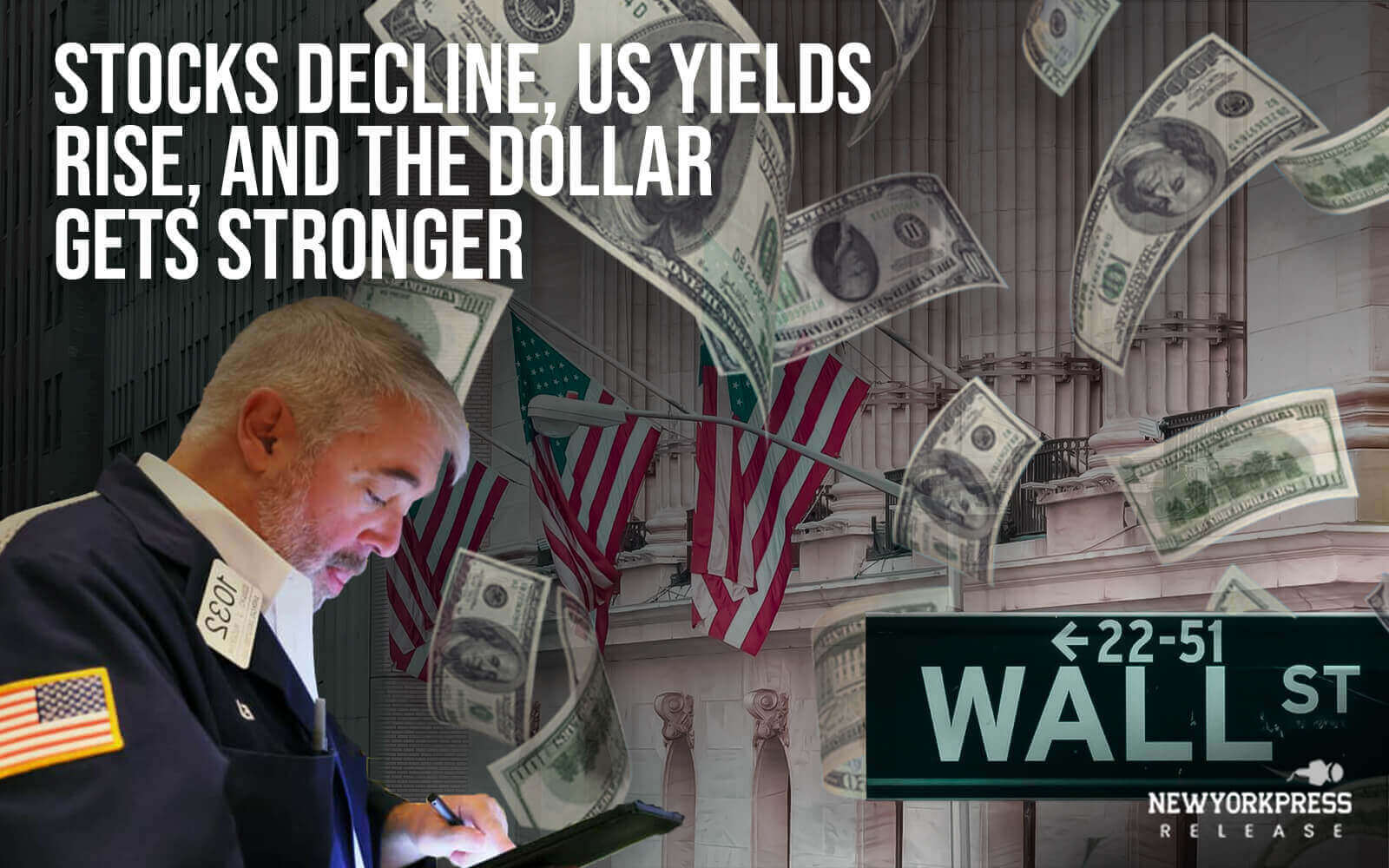The American retail industry is preparing for an anticipated price increase due to tariffs proposed by former President Donald Trump. The affected tariffs may include a large category of imported goods, which ranges from clothing and furniture to consumer essentials.
Major retail groups are concerned about the rise of these tariffs. As one of the largest advocates of the industry, the National Retail Federation (NRF) has warned that it would lead to “dramatic” price hikes for American consumers and retailers as well.
Broad Implications for Consumer Goods
The tariffs on imported goods from other nations would be imposed to lower trade deficits and stimulate in-house production. However, retail groups argue that the increased cost for imported materials would be handed over to consumers in toto, thereby increasing prices substantially on daily commodities. “If passed, these tariffs will not only lead to higher prices for American families but also put a burden on small and medium-sized businesses,” the NRF recently stated. The organization forecasts that the price hikes of apparel and furniture could be up to double digits.
Household Budget Impact
These tariffs will automatically have a rippling effect on household budgets since it is the product being bought that falls within these primary spending categories.
Clothing items happen to be part of nearly every household purchase, depending on the presence of family members. Similarly, furniture, which usually ends up being the biggest budget item for many American houses, will take the heaviest hit on prices for housing and interior design end.
“Families who are already feeling the squeeze from inflation could face further financial strain,” noted one retail analyst. “When costs rise on basic goods like clothing and furniture, it affects everyone’s ability to afford the essentials.”
Industry Backlash and Economic Issue
The NRF and other retail lobbies are working against this imposition of tariffs, stressing that it will not just hurt consumers but the whole economy, too. Retailers already seeing the effects of inflation, coupled with supply chain disruptions, may see the demand they have been able to cope with decline if prices really go up. Small business will be hit extra hard for their margins often are much too thin to absorb much more cost increase.
Economic experts have warned that the imposition of tariffs will ultimately lead to slowing the spending by consumers, a substantial share of U.S. economic growth.
An economist remarked, “Higher prices may deter spending, which could have a negative impact on economic recovery,” an economist remarked. “Tariffs are essentially taxes on imports, and consumers ultimately bear those costs.”
There have been cries for alternative solutions
Retail groups oppose the tariff proposal with alternative measures calling for policies to correct trade imbalances without flogging consumers. The policy should encourage local manufacturing capabilities as well as domestic production.
The NRF also has its appeal to the government and urges it to weigh both the consumer spending power that would be impacted along with the overall economy to get the right balance that serves towards supporting American families.
As in, “While we support efforts to boost American industry, tariffs are not the answer,” the NRF added. “We need policies that strengthen our economy without penalizing consumers.”
OUTLOOK ON THE TARIFF DEBATE:
The retail sector, among the largest players in the US economy, may be at risk of severe shocks when import tariffs materialize with “sourcing and pricing shifts.” However, the immediate problem is how this price rise may affect consumers’ lives.
The NRF and other advocacy groups have been working to present more consumer-friendly trade policies to lawmakers. Meanwhile, the prospect of rising prices is a reminder that trade policy can have a direct impact on American households.




